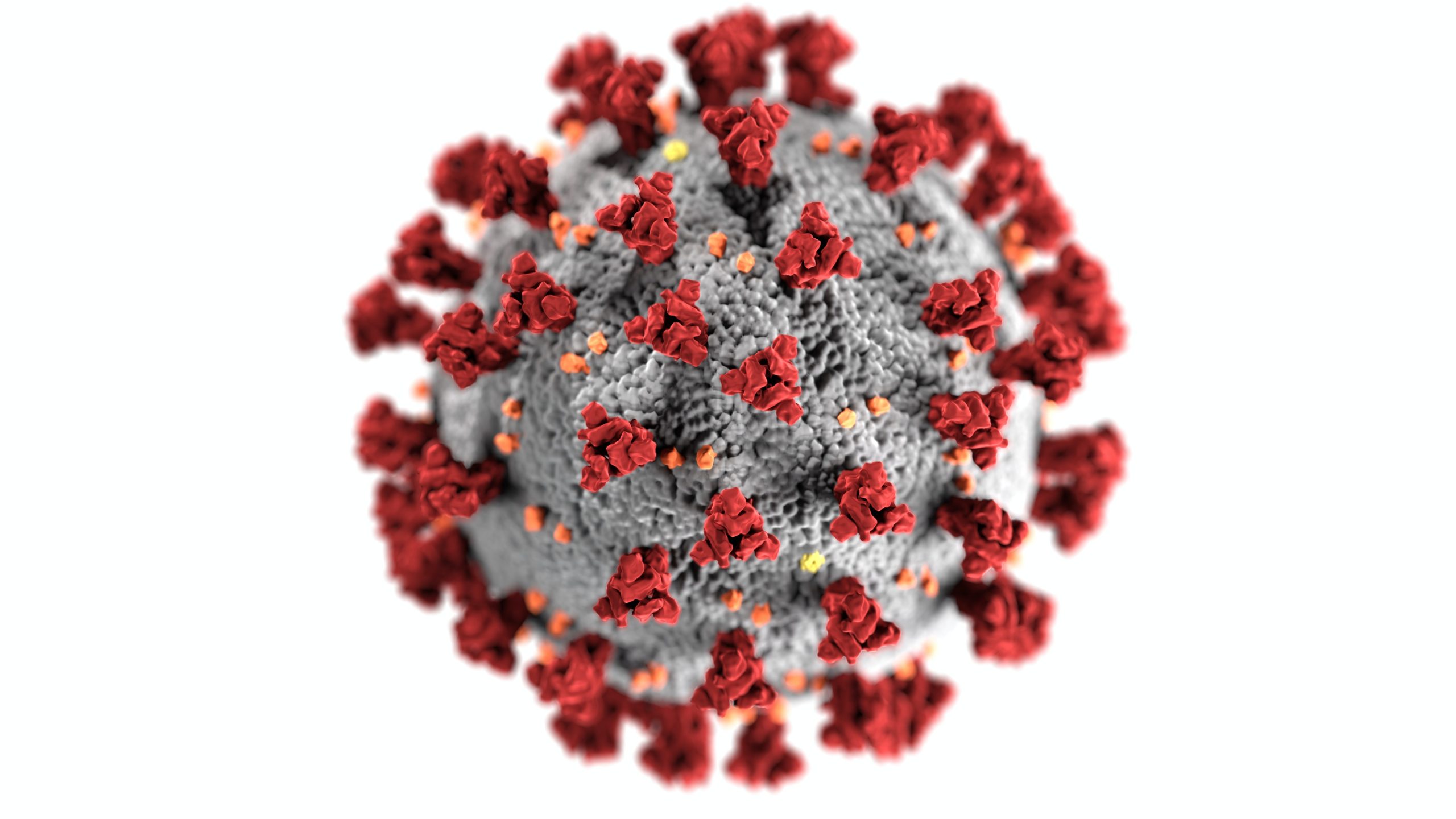
SPARK Africa co-director identifies new SARS-CoV-2 variant in South Africa
Posted on January 6th, 2021
In December, two new variants of the SARS-CoV-2 virus were identified in the U.K. and in South Africa. Characterized by more accumulated mutations than other SARS-CoV-2 lineages, the two variants appeared to dominate over other versions of SARS-CoV-2.
SPARK Africa co-director Prof. Tulio de Oliveira has been at the forefront of investigating the new South African variant. He and colleagues first identified the variant in October and November during a new COVID-19 wave, and began rapidly studying its genomics and spread.
In a paper published in medRxiv on December 22, Prof. Tulio de Oliveira and colleagues described the emergence and spread of the 501Y.V2 lineage that appeared in South Africa, and characterized its mutations. de Oliveira is the founder and director of the KwaZulu-Natal Research Innovation and Sequencing Platform (KRISP) at University of KwaZulu-Natal in South Africa.
The researchers used epidemiological analysis and genomic surveillance to identify the new variant and performed whole genome sequencing, selection analysis and modeling to characterize the lineage. The authors noted the lineage has eight mutations in the spike protein, including “three at important residues in the receptor-binding domain (K417N, E484K and N501Y) that may have functional significance.” The genomic data shows “rapid displacement of other lineages,” suggesting “that this lineage may be associated with increased transmissibility,” the authors added.
The N501Y mutation is also found in the U.K. variant B.1.1.7, and is theorized to contribute to increased transmission of the two variants as it has been shown to increase binding efficiency to the ACE2 receptor on cells.
Prof. de Oliveira and his team continue to monitor the new variant and are conducting more laboratory experiments, including infectivity and neutralization assays and increased genomic surveillance.
